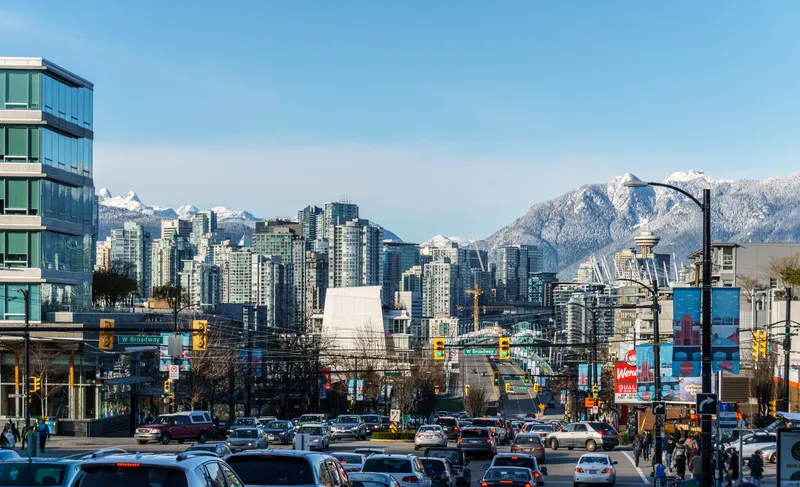Global Traffic Technologies’ Opticom transit signal priority (TSP) solution was recognised at the recent UITP Global Public Transport Summit 2017 in Montreal. The system deployed by the Société de Transport de Laval (STL) won a Corporate Leadership Award in the Innovation category from the Canadian Urban Transit Association (CUTA).
The award highlights transit innovations that break with conventional processes and extend beyond marginal improvements in products and services. STL’s implementation drew praise from CUTA judges and from STL leadership.
“With faster trip times and improved service, the STL managed to reduce (greenhouse gas) emissions from transit as well as attract many new customers,” CUTA judges said in a news release announcing the award.
Opticom TSP provides buses and other public transport vehicles with the ability to request green lights at intersections, allowing for better schedule adherence and headway management.
GTT Opticom transit signal priority recognised at 2017 UITP Summit
June 6, 2017
Read time: 1 min










